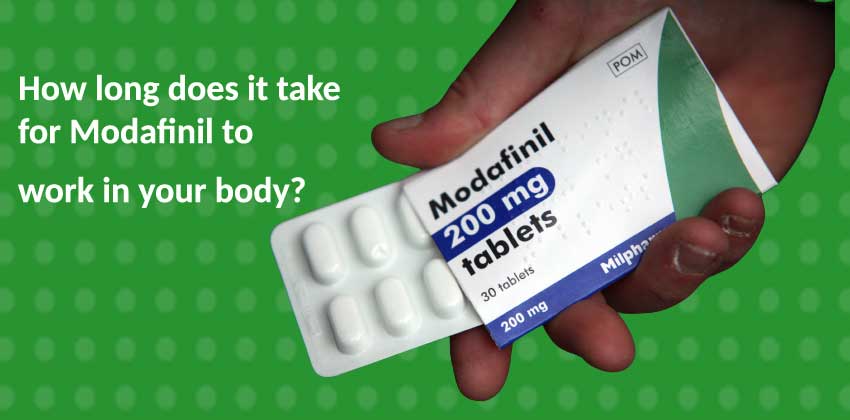-
Choose Store:


- Track Your Order
- My Account
- My Wishlist
- Log In
Loss of Appetite: All You Need to Know About Its Causes

Having a healthy appetite is an important part of life because it increases your desire to eat.It also allows you to get right amount of nutrients which is required to stay healthy.
Your brain and gut work together to decide when you require to eat and when stomach is full. In case, you have no appetite then it’s a sign that there might be something wrong in your body.
Sometimes, appetite loss is temporary, and it comes back after you recover from a severe illness.If you develop a loss of appetite, you might experience related symptoms like malnutrition or weight loss.
These can be serious if left untreated, making it necessary to know reason behind decreased appetite and treat it. Treatment of a poor appetite or loss of appetite often depends upon cause.
Several mental health problems are treated with medicines, talk therapy, and lifestyle changes.If your decreased appetite is caused by conditions like thyroid diseases, cancer, or digestive problems then treatment can vary.
What causes loss of appetite?
In most cases, a decreased appetite is only short term but if it’s last long, you might require treatment for an underlying problem.
Here are some main causes for loss of appetite:
Depression
When suffering from depression, you might experience following symptoms:
- Suicidal thoughts
- Loss of appetite
- Loss of motivation
- Feeling sad, hopeless, or worthless
- Irritability
- Insomnia
- Fatigue
Depression can make people feel sad, discouraged, and hopeless. You might lose pleasure in activities or interest in life.
Symptoms of depression can vary from person to person and can range from minor to severe.
When left untreated, depression can interfere with your relationships, daily life, and work.
Though exact cause of depression is unknown, significant life changes, family history, medical ailments, or traumatic events may be responsible.
Treatments for depression mainly include psychotherapy, medicines such as antidepressants, and some lifestyle changes.
Anxiety
Anxiety can cause you following symptoms:
- Poor appetite
- Retching
- Nausea
- Rapid heart rate
- Excessive worrying or a feeling of dread
- Fast breathing
- Increased sweating
- Upset stomach, constipation, or diarrhea
It is important to know that anxiety can cause digestive symptoms like stomach pain and nausea.
All these anxiety symptoms are uncomfortable and you might have no desire to eat.
Remember there are different types of anxiety, including:
Generalized anxiety disorder
In this type of anxiety disorder, you experience symptoms of chronic anxiety which are caused by a particular trigger.
Panic attacks
When suffering from panic attacks, you have serious anxiety symptoms which come suddenly for no clear reason.
Symptoms of panic attacks include palpitations, chest pain, and shortness of breath which are mistaken for a heart attack.
Post-traumatic stress disorder
This type of disorder is anxiety caused by a traumatic event. Triggers include a serious accident, emotional abuse, and rape.
When suffering from PTSD, some people can experience increased irritability, nightmares, and trouble sleeping.
They can also have substance use problems and are at high risk of depression and suicide.
Phobia
A phobia is anxiety that is caused by a fear of something specific like leaving your home or public speaking.
As there are different forms of anxiety, there are also several types of treatment options available.
Some common treatment options include anti-anxiety medicines, behavioral therapy, and lifestyle changes.
Morning sickness
Symptoms of morning sickness include:
- Loss of appetite
- Breast tenderness and enlargement
- Nausea
- Fatigue
- Sensitivity to certain tastes or smells
Pregnant women can experience morning sickness and cause vomiting & nausea.
This further can make eating unappetizing and you might not be able to tolerate some foods that you like.
Sometimes, morning sickness can occur at any time of day. It develops in first trimester but some pregnant women feel it throughout pregnancy.
You can prevent or reduce symptoms by eating bland foods like crackers throughout day and drinking ginger ale.
Over-the-counter therapies like vitamin B-6 supplements, ginger, and doxylamine can reduce your symptoms.
Your doctor can also prescribe some anti-nausea medicines like Phenergan, ondansetron, or metoclopramide.
Hypothyroidism
Below-stated are symptoms of hypothyroidism:
- Decreased appetite
- Weight gain
- Cold intolerance
- Constipation
- Dry or cool skin
- Brittle hair and nails
- Leg and face swelling
Your thyroid gland is located in back of your neck and produces hormones that affect several functions like metabolism.
Hypothyroidism is an underactive thyroid that is not able to produce enough thyroid hormone.
This further slows down function of your body and decreases appetite.
Hypothyroidism can happen due to an autoimmune disease, any surgery, certain medicines, pregnancy, or radiation treatment.
Generally, older women with a family history of diseases are at more risk of developing hypothyroidism.
This condition can be treated with replacement hormone pills. If untreated then symptoms can become worse.
Infections
While suffering from infections, you can experience following symptoms:
- Fever
- Loss of appetite
- Nausea
- Unintentional weight loss
- Fatigue
- Diarrhea
- Abdominal pain
Several infections mainly stomach bugs like norovirus or rotavirus can decrease your appetite.
These are further linked with vomiting, fever, abdominal cramps, nausea, and diarrhea.
Other infections including flu, HIV, hepatitis, and Covid-19 can also make you lose appetite.
Nevertheless, common stomach bugs and flu go away on their own but you need to drink plenty of fluids.
When to visit a doctor?
It is crucial to know reason for a loss of appetite because it can cause complications without effective treatment.
A continued loss of appetite can cause malnutrition and weight loss, making it necessary to know reason behind it.
If you have loss of appetite for a long time then talk to your doctor immediately.
Treatments for appetite loss are going to depend upon your cause. You might benefit from eating small meals rather than large meals.






